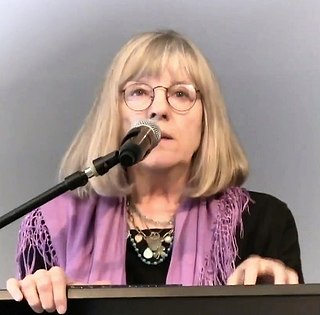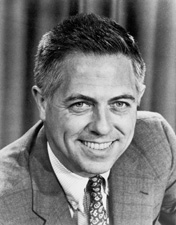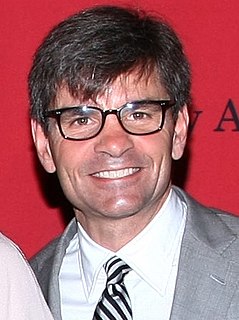A Quote by Elizabeth Esty
There are things that matter more than your election. That may take difficult votes, may take career-ending votes for people, but if we aren't willing to do that, then we're not going to move forward.
Related Quotes
I can't predict if I will see a woman president, but I think I may well because, again, Hillary Clinton got more votes probably than any other Democratic candidate ever, except for Obama. But she got more votes than Trump and she got more votes than Richard Nixon got when he won the election, more votes than John Kennedy got when he won.
In the 2000 presidential election, Al Gore got more votes than George W. Bush, but still lost the election. The Supreme Court's ruling in Florida gave Bush that pivotal state, and doomed Gore to lose the Electoral College. That odd scenario - where the candidate with the most votes loses - has happened three times in U.S. history.
If all power is in the people, if there is no higher law than their will, and if by counting their votes, their will may be ascertained - then the people may entrust all their power to anyone, and the power of the pretender and the usurper is then legitimate. It is not to be challenged since it came originally from the sovereign people.
There's a lot of fuss on the Left about election irregularities, like, you know, the voting machines were tampered with, they didn't count the votes right, and so on. That's all accurate and of some importance, but of far more importance is the fact that elections just don't take place, not in any meaningful sense of the term 'election.'































